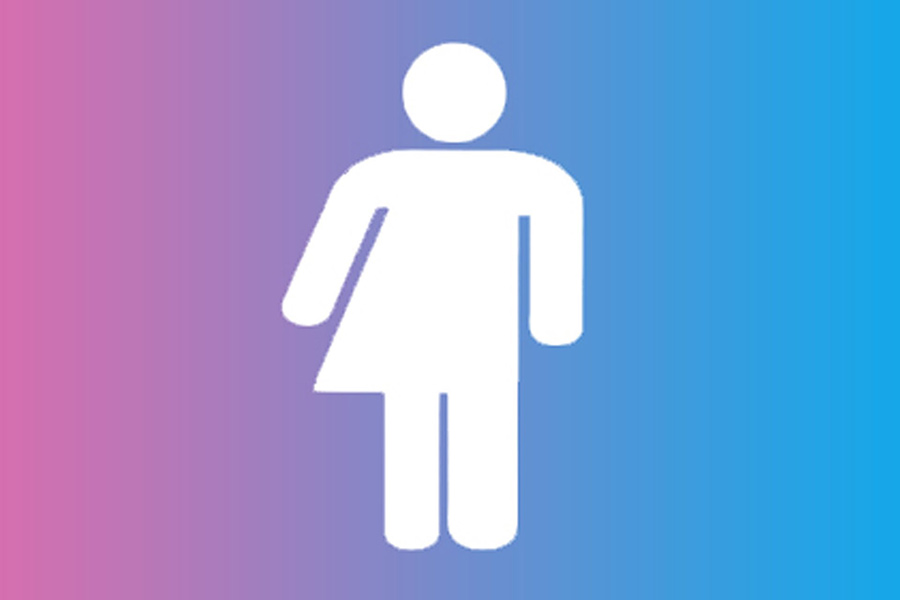Students at Boyertown High School, who don’t want to share restrooms and locker rooms with trans students, claim they’re unfairly being compared to “racist bigots” in a lawsuit pertaining to the dispute.
Last year, several students filed suit in federal court, requesting a preliminary injunction to prevent Boyertown school-district officials from implementing a trans-friendly restroom and locker room policy. The policy allows trans students to access restrooms and locker rooms consistent with their gender identity.
In August, U.S. District Judge Edward Smith declined to issue a preliminary injunction, paving the way for implementation of the policy during the current school year. But objecting students filed an appeal with the Third Circuit Court of Appeals, where oral arguments are expected in April.
A group of about 30 former and current school administrators across the country want the Third Circuit to consider their views in a “friend of the court” brief. The administrators don’t work at the Boyertown school district but support its trans-friendly policy.
One administrator is quoted in the proposed brief as stating: “[W]e’re not going to tell the transgender student[s] they can’t go where they’re comfortable. I can still remember the remnants of white people being uncomfortable with black people being in same locker rooms and restrooms. So it’s not about whether everyone is ‘comfortable.’ Just because some people were uncomfortable, [it] didn’t mean you treated people as second-class citizens.”
Another school administrator stated: “The outcry [is] similar to the arguments put forth by those who were faced with black students in white schools.”
Attorneys for the objecting students referred to the quotes as “scandalous” and asked the Third Circuit to reject the proposed brief in its entirety.
Omar Gonzalez-Pagan, an attorney at Lambda Legal representing the school administrators, defended the brief.
“I think the plaintiffs’ opposition to the brief speaks to the brief’s merits,” Gonzalez-Pagan told PGN. “They don’t want the court to consider it because the experiences noted within the brief from schools across the country demonstrate how baseless and out of touch with reality the arguments for excluding trans students from the restrooms consistent with their identity are. Multiple courts have taken note of the experiences of these school districts and we hope the court of appeals in this case does so, too.”
Gonzalez-Pagan added that analogies to prior race-based discrimination contained within the proposed brief are appropriate and aren’t directed at specific students.
Randall L. Wenger, an attorney for the objecting students, issued this statement: “Every student deserves privacy, so when some schools undercut that expectation, a national debate naturally followed. But debate means discussion, not name-calling. Throwing ‘racist’ into the conversation does nothing to solve the privacy issue.”
Wenger added: “Our main [objection to the] brief is this: The brief claims that there are no issues arising from putting boys into girls’ locker rooms, and vice versa. But that claim depends on accepting [the administrators’] assumption that a woman only has privacy rights in respect to biological men with male gender identities. So their brief sidesteps the real problems that arise from opening privacy facilities to the opposite sex because under their assumption, there never could be a problem.”
As of presstime, the court hadn’t ruled on the objecting students’ request to reject the proposed brief. n
